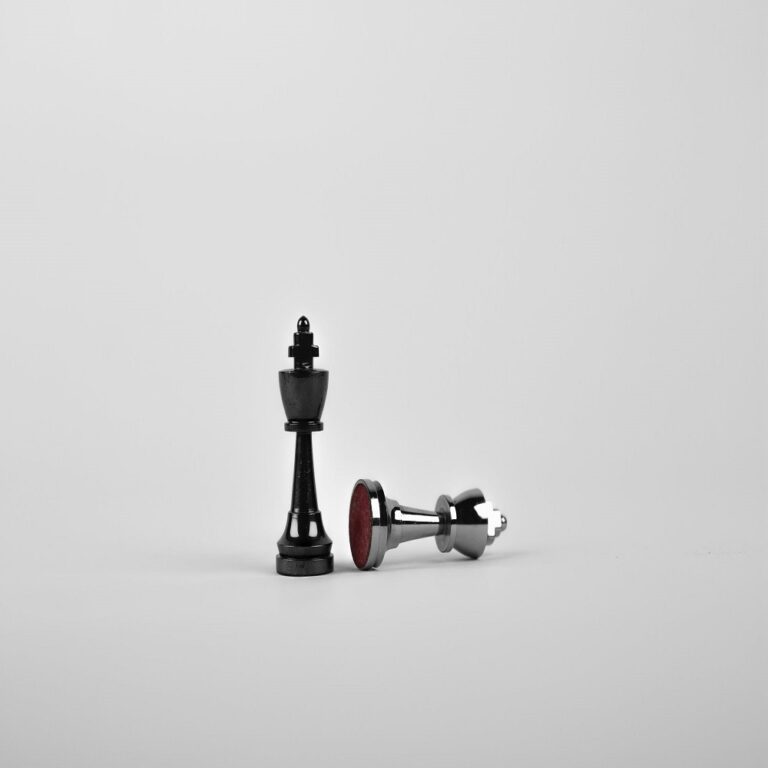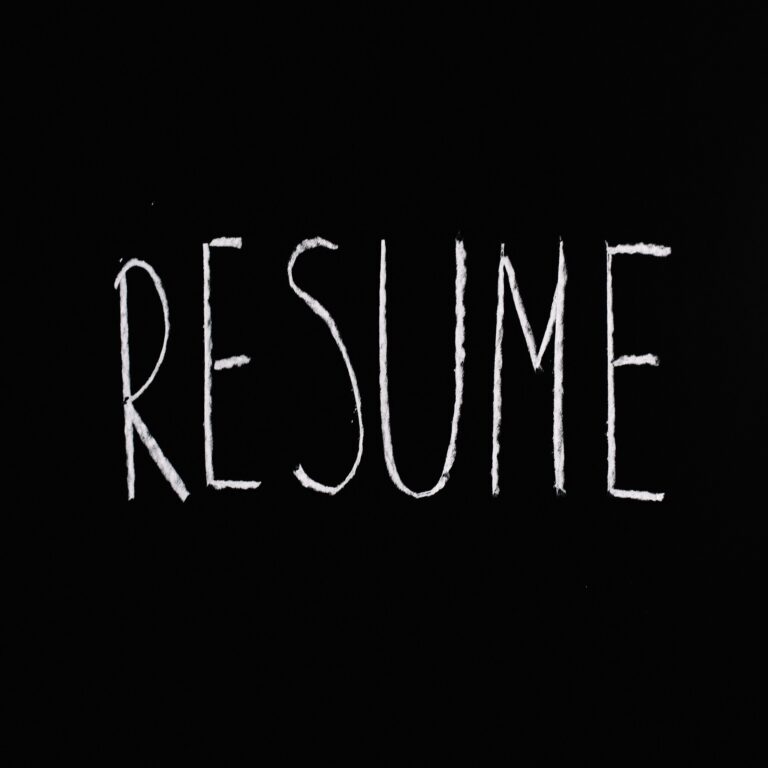Patience is a virtue. Yeah, we have all heard that. How do we obtain this virtue? How do you acquire something you need in order to obtain it? It sounds like an impossible feat. Patience is a learned skill. Most of us are forced, but the issue with that is the skill doesn’t stick when forced. We must willingly embrace patience in order to be able to use it as a skill. Patience is the capacity to accept or tolerate delay, trouble, or suffering without getting angry or upset. Reading the definition, one can see skill is needed. Accepting or tolerating delay? Maybe. Trouble? Possibly. Suffering, why? Great question.
Accepting or tolerating suffering seems counterintuitive. At times, it can be. The skill of patience is knowing when to put it into practice. We either fight everything that comes our way or ball up and do nothing. Both are incorrect. The key to patience is awareness. Self and situational awareness. Are we mindful of why we are fighting or not? Is it something we have not had to wait for in the past? What are the circumstances of this thing that requires waiting? We tend to act without asking ourselves these questions. Doing so puts us in the position of choosing incorrect actions. It is frustrating being a 100% fighter or a 100% doormat. The fighter’s frustration is external. They feel they deserve a break because they are attempting to get out of a negative situation. The people who choose to be a doormat frustration is internal. They feel no matter what they try it will not work out in their favor, so they have given up on trying at all. Simple self and situational awareness can save both types of individuals. Great, but how?
After asking ourselves the questions above, we need to use the answers to determine our actions. Why are we choosing to fight? Impatience or do we realize effort may assist in fixing the situation. Why are we choosing not to fight? Is this something that will need time to pass, or is it the lack of belief our action will positively affect the situation? Is it something we have not had to wait for in the past? Yes? What is different about this situation? If the answer is no, what is causing us think we shouldn’t wait this time around? What are the circumstances of this thing that requires waiting? All situations are different. Each require analysis.
Are we sick? If it’s a temporary illness, we can attempt to help expedite it. It is an illness we must live with; how can we learn to put ourselves in the best position for quality of life? Are we working towards a new goal? Let’s be realistic about the time it takes to be good enough to experience success at something. Are we fed up with a relationship? How much time have we waited? Months? People deserve time. Years? If love is strong, give some more time. Decade plus? It is more than probable we have waited long enough. Do we feel we are stagnant? Stagnant while fighting should tell us our approach needs some attention. Stagnant while doing nothing needs no explanation.
In closing, patience is a funny tool. Most skills we obtain we use at all times. With patience, we must practice it to determine whether we will use more of it in each situation. If we struggle with patience, embracing it will be the best approach we can take. We can tell ourselves that in attempting to get better with patience, we will also know when and when not to use it. It will save us from unnecessary stress, misdirected frustration, and protect us from others who may be taking advantage of our patience with them. Keep all of this in mind going forward. Analyzing our situations builds patience. It will take less effort as time passes. Sow the seed. The sooner, the better. Growth takes time.
Food for thought. You do the dishes!



